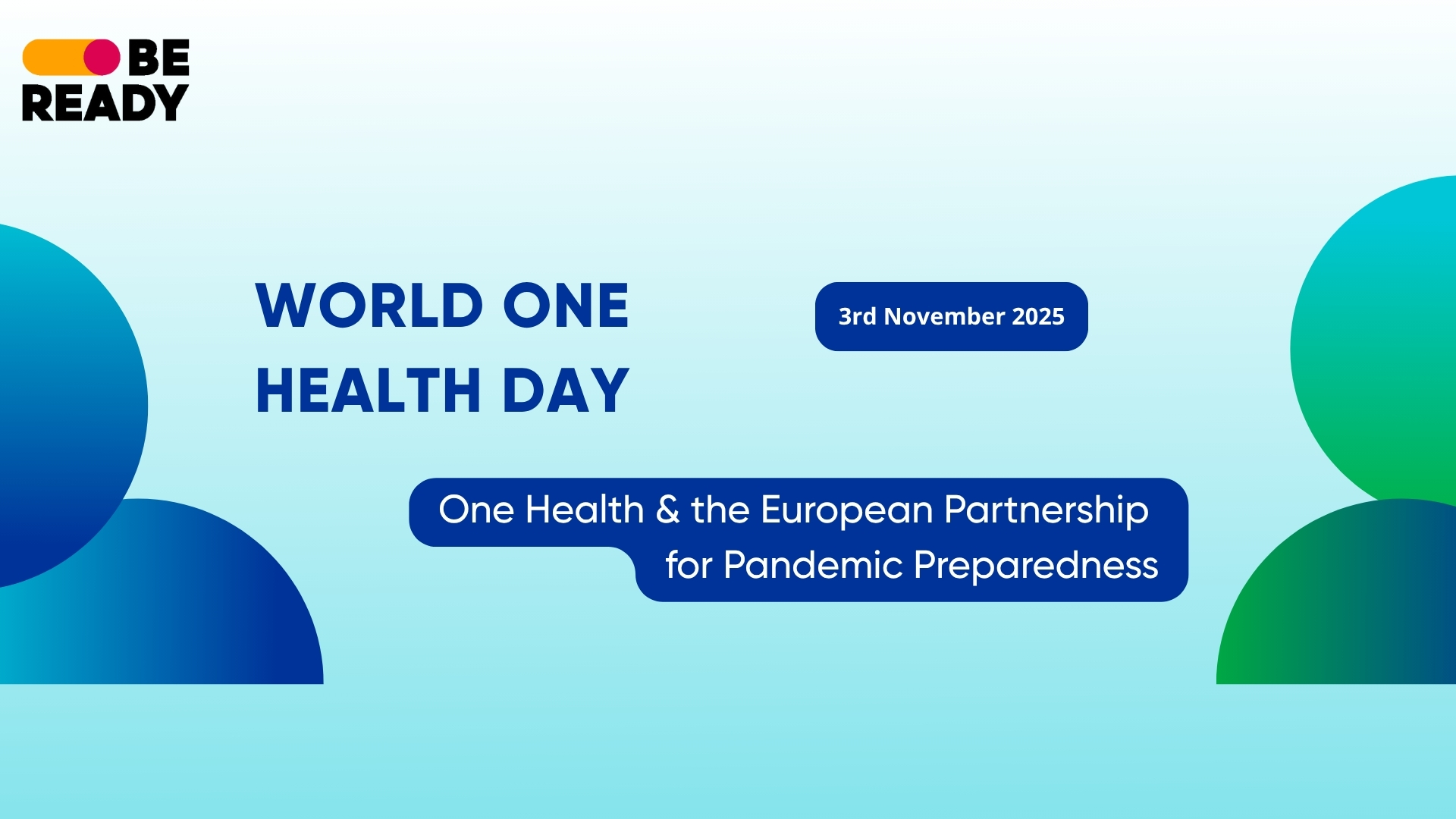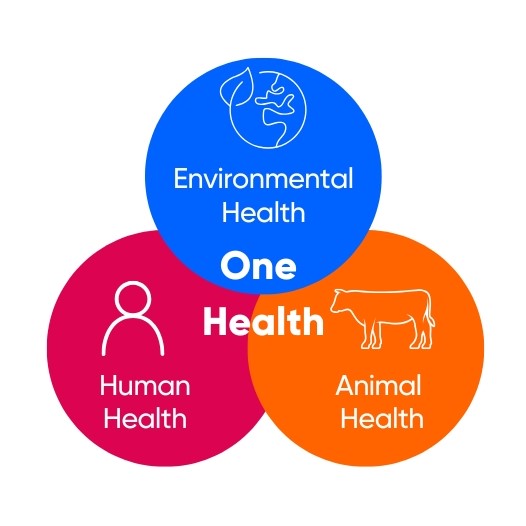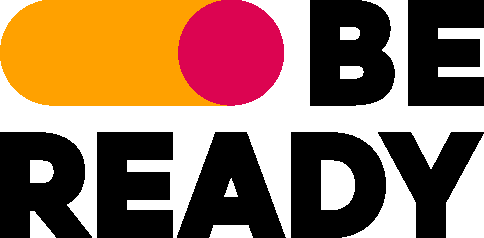Lessons from COVID-19 and Applying the One Health Approach

Lessons from COVID-19 and Applying the One Health Approach
On World One Health Day, November 3rd, BE READY PLUS celebrates the importance of international cooperation in building global health systems that are adaptable and ready for future challenges. COVID-19 has shown that coordinated action is not optional – it is most needed. Launching in early 2026, the European Partnership for Pandemic Preparedness represents a significant step toward furthering these efforts.
What has COVID-19 taught us about international cooperation?
Despite earlier outbreaks such as influenza, SARSCoV1, and MERS, the world was not ready for a crisis of COVID-19’s scale. The pandemic exposed weaknesses in the fabric of our health systems and decision-making processes across the globe. Preparedness was far from adequate: medical countermeasures were insufficient, international solidarity was fragile, and social and political systems struggled under pressure.
COVID-19 proved that health threats know no borders
The virus spread quickly, showing that no country can face such challenges alone. It also revealed how complex decision-making can be, with political will, societal values, economic interests, and environmental realities often conflicting and pulling in different directions, therefore slowing down response. In Europe, differences in health systems, cultures, and legal frameworks sometimes made it harder to cooperate.
Yet there were also signs of hope. The speed at which vaccines and diagnostic tests were developed showed what is possible when science, industry, governments and citizens work together with a shared purpose, understanding and resources.
How will current learnings improve future response?
What is more than clear: Europe must be better prepared. COVID-19 has already driven important changes. Structures such as the European Health Emergency Preparedness and Response Authority (HERA) have been created to strengthen Europe’s ability to prevent, detect, and respond to health emergencies, and awareness of existing gaps has increased. However, several challenges remain urgent.
This is where the European Partnership for Pandemic Preparedness (BE READY NOW) comes in, which aims to build a coordinated, pan European research and innovation network, with the following objectives at its core:
- Strengthen coordination and preparedness, while building robust research networks and infrastructures that can respond rapidly to potential health threats (more on this topic in an interview with our project coordinator: What is being done to prepare Europe for the next health emergency? – BE READY PLUS).
- Promoting cross-border collaboration so Europe’s researchers can work together effectively (more on this topic in our article introducing the European Partnership for Pandemic Preparedness: What is the European Partnership for Pandemic Preparedness? – BE READY PLUS).
- Integrating social sciences and citizen perspectives to ensure responses are trusted, inclusive, and transparent (more on this topic in our citizen awareness article: Health Literacy and Trust: Building Europe’s Preparedness – BE READY PLUS).
The partnership will evolve its priorities through consultation and participation, keeping pace with Europe’s changing research ecosystem and needs.
How will current learnings improve future response?
The One Health approach is based on the idea that the health of people is intricately connected to the health of animals, plants, and the environment we all share.
Problems like new diseases, drug-resistant infections, and the effects of climate change don’t stop at human boundaries – they affect animals, food, water, and entire ecosystems as well. Working together across human health, animal health, and environmental protection, can improve our ways to prevent global problems and protect the planet for future generations.

For example, many infectious diseases, including influenza, Ebola, and COVID-19 are zoonotic, meaning they originate in animals before spreading to people. Monitoring animal and environmental health alongside human health makes it possible to detect risks earlier and act before they become widespread crises.
How will One Health be applied in the Partnership?
The BE READY NOW Partnership brings together 81 partners across Europe, with expertise ranging from medicine, veterinary science, environmental studies, data management, and social sciences. This ensures that One Health is not just a concept but a practice in action.
The Partnership will:
- Integrate knowledge from diverse fields such as clinical research, public health, and social sciences.
- Create training and knowledge-sharing opportunities to build an interdisciplinary community of experts.
- Listen to citizens’ concerns to build trust.
- Strengthen collaboration across countries and disciplines for rapid, coordinated responses.
By recognising that human, animal, environmental, and social health are interconnected, BE READY NOW is building a stronger, trusted, more resilient system for pandemic preparedness.
Why does this matter?
COVID-19 was a wakeup call for the world. It exposed the fragility of our health systems and how unprepared Europe was to handle cross border threats – but also showed how powerful we can be when science, politics, and society work together. The One Health approach, which lies at the heart of the European Partnership for Pandemic Preparedness launching in January 2026, offers a way forward: transdisciplinary, more inclusive, more coordinated, and better prepared.
